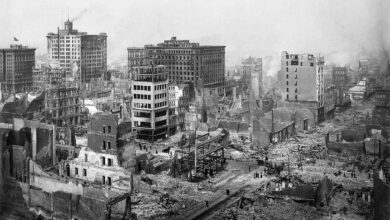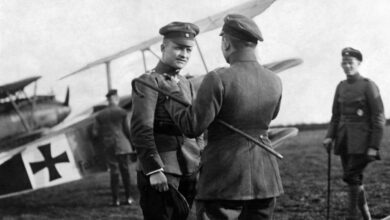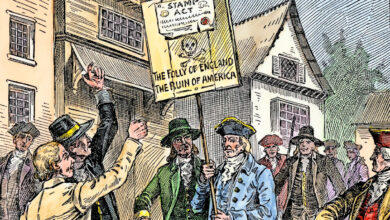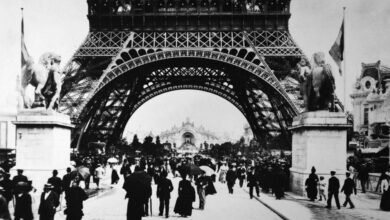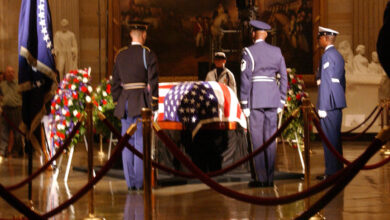Resilience in the Face of Danger: The Reagan Assassination Attempt That Shook America
On March 30, 1981, a shocking event that stunned the United States and the world took place: the assassination attempt on President Ronald Reagan. Just 69 days into his first term, President Reagan was leaving a speaking engagement at the Washington Hilton Hotel in Washington, D.C., when he and three others were struck by gunfire from a would-be assassin’s revolver. This incident not only marked a critical moment in the Reagan presidency but also underscored the ever-present dangers facing world leaders and the profound impact of mental illness on individuals’ actions and society.
The assailant, John Hinckley Jr., fired six shots in a matter of seconds, hitting Press Secretary James Brady, Secret Service agent Timothy McCarthy, and police officer Thomas Delahanty. President Reagan, initially unaware he had been shot, was quickly pushed into his limousine by Secret Service agents and rushed to George Washington University Hospital. It was discovered en route that a bullet had punctured his lung and narrowly missed his heart. Despite the severity of his injury, Reagan maintained his characteristic humour, famously quipping to his wife, Nancy, “Honey, I forgot to duck,” and to his surgeons, “I hope you’re all Republicans.”
The assassination attempt had profound implications for the Reagan administration and the nation. Public sympathy for the president soared, and Reagan’s popularity surged in the aftermath, providing him with increased political capital that he leveraged to advance his legislative agenda, including his economic policies known as “Reaganomics.” The incident also led to a reevaluation of security protocols for protecting the President of the United States. It prompted discussions about gun control laws and the treatment of mental illness in the country.
John Hinckley Jr.’s motive for the assassination attempt was an attempt to impress actress Jodie Foster, with whom he had become obsessed after watching her in the film “Taxi Driver.” Hinckley’s trial brought the issue of the insanity defence to the forefront of public debate after he was found not guilty by reason of insanity. The verdict led to widespread calls for reforming the insanity defence laws, resulting in significant changes in how the legal system handles cases involving mental illness.
The shooting also had a lasting impact on those directly affected. James Brady, who was seriously wounded in the attack, became an ardent advocate for gun control, leading to the enactment of the Brady Handgun Violence Prevention Act in 1993, which mandated federal background checks on firearm purchasers in the United States.
As we reflect on the assassination attempt on President Reagan, it serves as a stark reminder of the vulnerabilities of public figures and the potential consequences of untreated mental illness. It also highlights the resilience of leaders in the face of adversity and the capacity of such events to galvanize public opinion and effect change in public policy. The legacy of that day in March extends beyond the immediate political and social implications, continuing to influence discussions on security, mental health, and gun control decades later.
